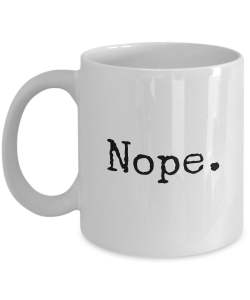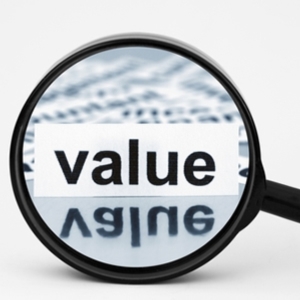 Potential clients frequently ask if they can successfully sell or license their patents; unfortunately, the answer is, far more often than not, “no.” Be it a cultural construct of “inventor exceptionalism,” repeated viewing of late-night infomercials by folks who like to tinker, or lazy journalism that elevates human interest stories about successful inventors over a deep explanation of the realities of generating business success, there exists a belief that “if you build a better mousetrap, the world will beat a path to your door.” The truth is that the only person who is guaranteed to make money from a patent is the patent professional that the client hires to get the work done for them.
This topic is on my mind because I had to, once again, give bad news to someone who was expecting to monetize his patent rights that he believed
Potential clients frequently ask if they can successfully sell or license their patents; unfortunately, the answer is, far more often than not, “no.” Be it a cultural construct of “inventor exceptionalism,” repeated viewing of late-night infomercials by folks who like to tinker, or lazy journalism that elevates human interest stories about successful inventors over a deep explanation of the realities of generating business success, there exists a belief that “if you build a better mousetrap, the world will beat a path to your door.” The truth is that the only person who is guaranteed to make money from a patent is the patent professional that the client hires to get the work done for them.
This topic is on my mind because I had to, once again, give bad news to someone who was expecting to monetize his patent rights that he believed
Why You (Probably) Can’t Sell or License Your Patent
Startup Patent Strategy: Be Unbreakable
 Several of my current clients are startup companies that understand that, to have real value, their patents must be seen by a third party as meaningful to the opportunity--be it customers, revenue stream, or any other business strategy--that this potential potential partner, licensor, or acquirer seeks to access. Put another way, patents generated by early stage companies that are developing innovative technology must “make it cheaper to go through them than around them.” For these types of patent owners, due diligence conducted by third parties is more than just “kicking the tires” of the patent portfolio; instead, their patents will be examined by an expert team to make sure they won’t "break" just when they’re needed most.
As an initial aspect of this discussion, it should be stressed that not all patents are equal in value. Some patents--and, in my view, this is the
Several of my current clients are startup companies that understand that, to have real value, their patents must be seen by a third party as meaningful to the opportunity--be it customers, revenue stream, or any other business strategy--that this potential potential partner, licensor, or acquirer seeks to access. Put another way, patents generated by early stage companies that are developing innovative technology must “make it cheaper to go through them than around them.” For these types of patent owners, due diligence conducted by third parties is more than just “kicking the tires” of the patent portfolio; instead, their patents will be examined by an expert team to make sure they won’t "break" just when they’re needed most.
As an initial aspect of this discussion, it should be stressed that not all patents are equal in value. Some patents--and, in my view, this is the
Guest Blogger: How Patent Vulnerability Impacts Valuation by David Wanetick of IncreMental Advantage
(This week, David Wanetick, Managing Director of IncreMental Advantage provides readers if the IP Asset Maximizer Blog with an excellent overview of the various factors that he believes affect patent valuation. Please let me know if you would like to be a Guest Blogger.)
How Patent Vulnerability Impacts Valuation by David Wanetick of IncreMental Advantage As I often tell business leaders who attend my course on Valuing Early-Stage Technologies, valuing patents isn’t rocket science. It is much more difficult. Or to paraphrase Winston Churchill, valuing patents is a riddle, wrapped in a mystery, inside an enigma. Measuring even a well-delineated permanent entity is much more difficult than may be imagined. As Neil deGrasse Tyson (a renowned astrophysicist) and Benoit Mandelbrot (the father of fractal geometry) have discussed, no one really knows what the circumference of the coastline of the United Kingdom is. The tides will cause varying



